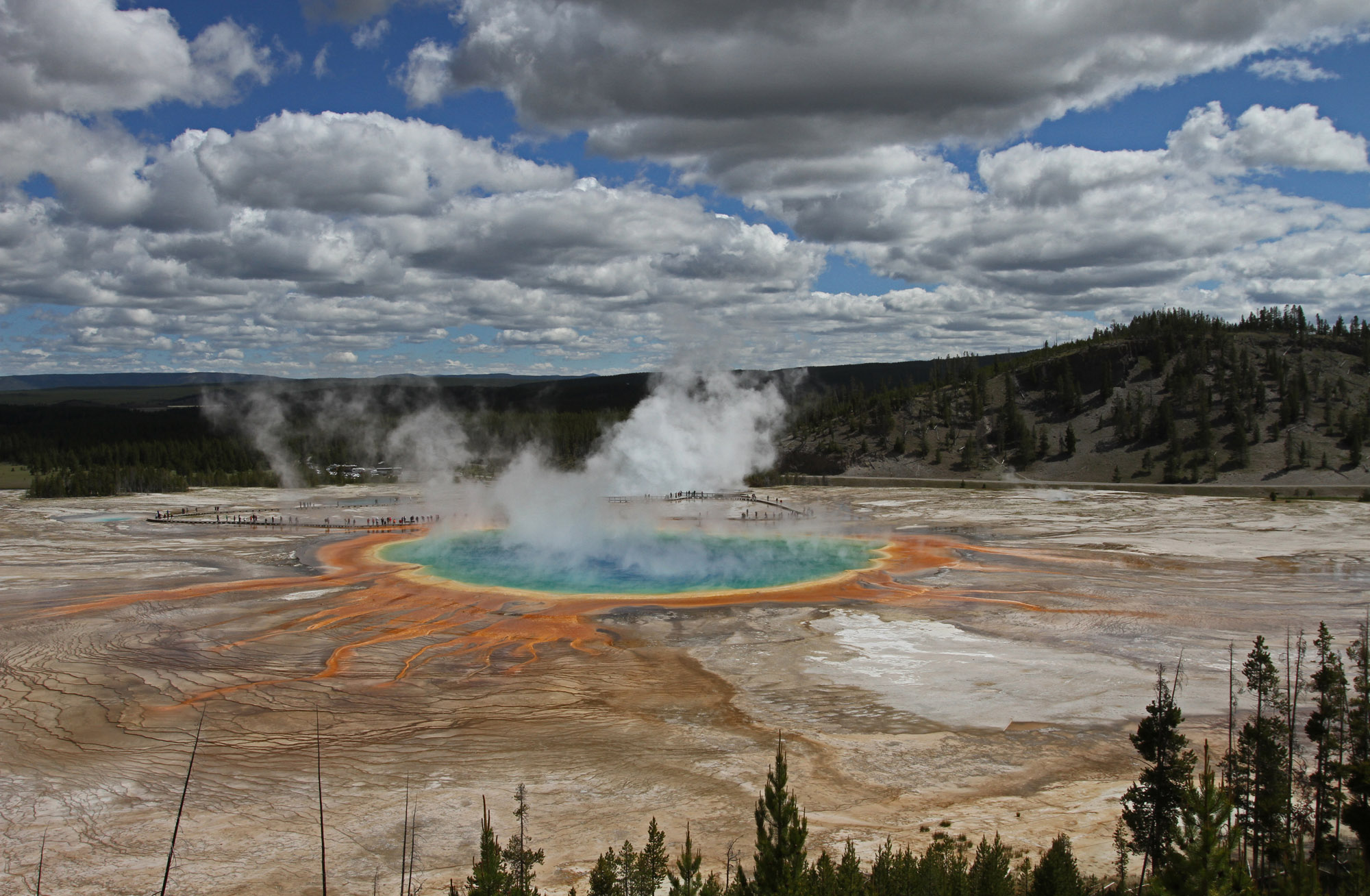Today’s myth: As taxpaying citizens, we should not pay to visit our national parks.
Fact: Our national parks are chronically underfunded and visitor fees provide critical, though currently insufficient, funding for park operations and maintenance.
We Americans fancy ourselves a nation of conservationists. We claim ecologically sensitive and culturally significant places are worth protecting for future generations. Some Americans even celebrate the creation of the national park system as “America’s best idea.” Yet we oppose paying to maintain the national parks we claim to cherish so deeply.
Whether that opposition is rooted in the belief that public parks should be free or that, by paying our taxes, we have already paid our fair share, the result is the same: our national parks have become a crowded and crumbling mess.
As evidence, consider the National Park Service’s $12 billion deferred maintenance backlog. That is $12 billion in crumbling roads, leaking water systems, and dilapidated trails that should have been maintained or repaired, but weren’t because the Park Service lacked funding.
To put that number in perspective, consider that the Park Service’s annual budget is approximately $3 billion. With similar finances, a household with annual income of $100,000 would have $400,000 in unfunded home repairs. Yikes!
If protecting treasured places as national parks was America’s best idea, we have failed to make that idea a reality.
Visitor fees offer the National Park Service an opportunity to climb out of the deferred maintenance hole. Visitor fees align the incentives of park managers with the desires of park visitors for fun and safe experiences, and they provide park managers with a funding source not subject to whimsical congressional appropriations.
Currently, visitor fees make up less than 10 percent of the Park Service’s annual budget. This number is hardly surprising given how cheap most fees are: a seven-day pass into Yellowstone National Park is a paltry $30; day passes to the Cape Cod National Seashore are $3; and nearly two-thirds of all national park properties charge nothing at all.
Park managers, not Congress nor the Park Service, should be allowed to set visitor fees. Congestion pricing—charging more during the busiest seasons—would allow park managers to capture much needed revenue for deferred maintenance projects, while simultaneously addressing the congestion that sours so many visitor experiences. Moreover, technological innovations make recreational fee collection a breeze, while a voucher program would ensure visitation is not limited to the rich.
This week is National Park Week and today is tax day, but those taxes will not save our parks for the future. Sadly, the National Park Service is celebrating its centennial by offering “free” admission into every park. Park visitors should realize that their taxes are not paying the full cost of park maintenance.




